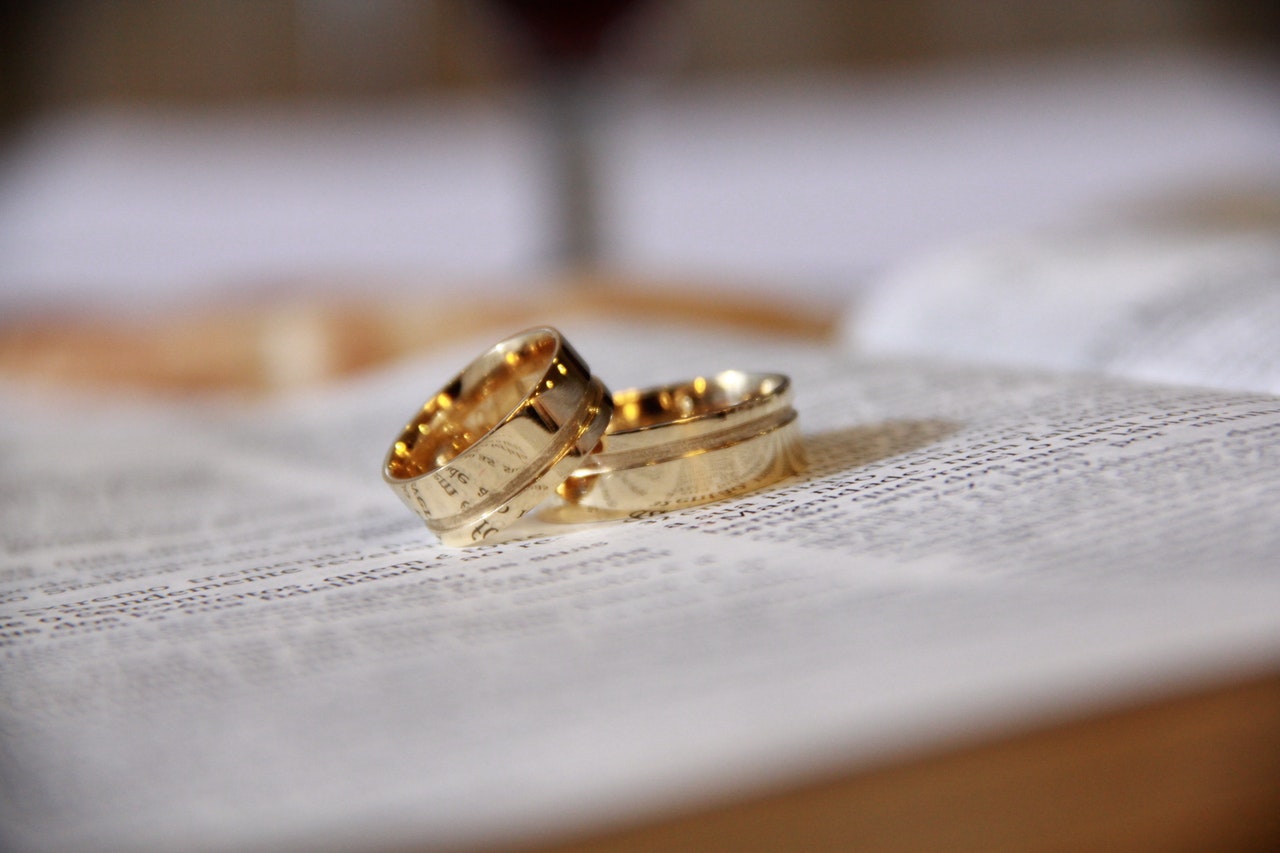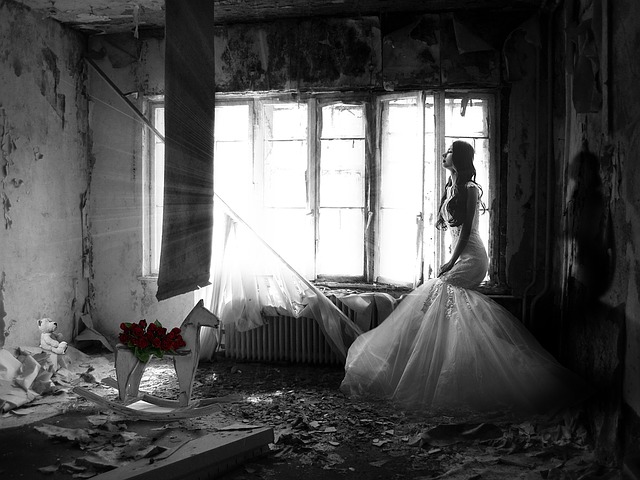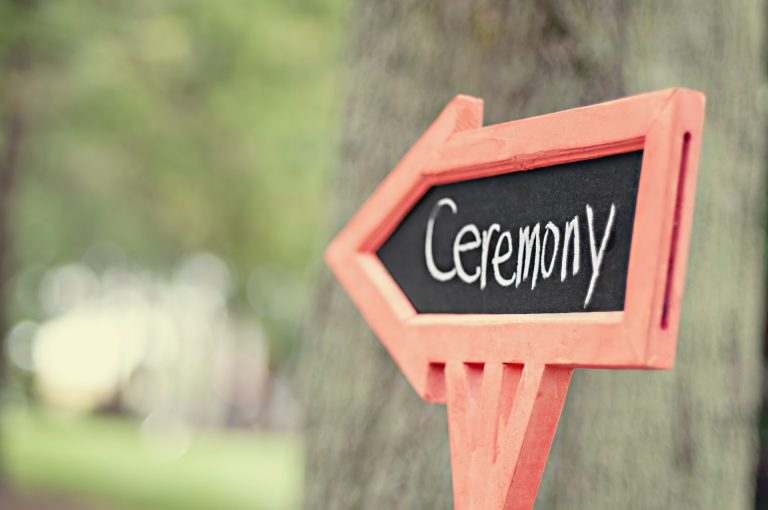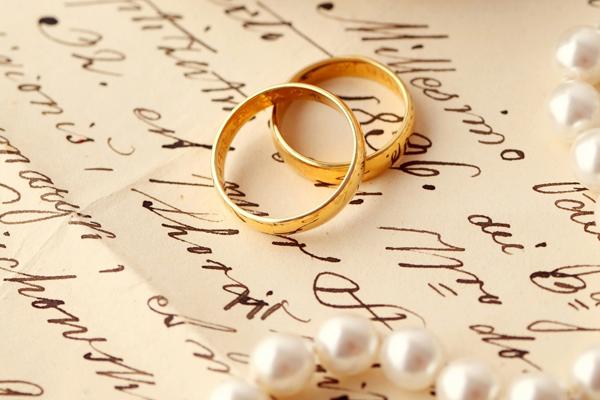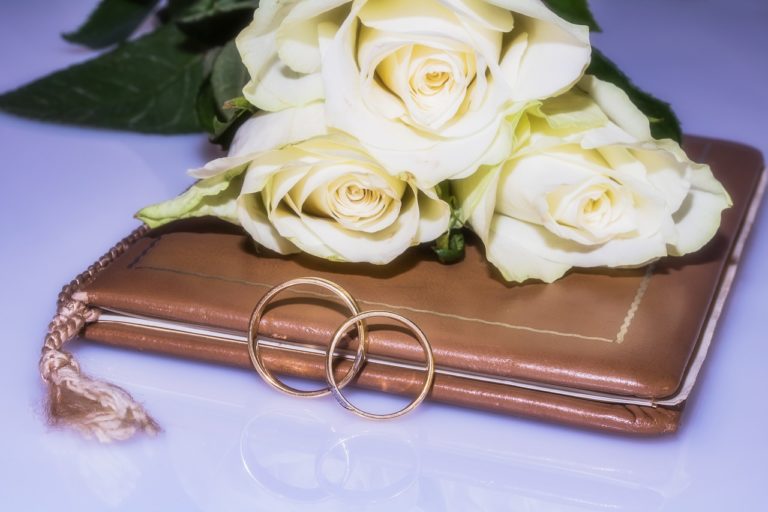Non Religious Weddings
Atheist & Humanist Wedding Ceremonies
As with any wedding ceremony a non-religious wedding symbolises the commitment of two people to share their lives together. The only difference is the couple do not seek the blessing of a supernatural power.
Sometimes couples will opt for a non-religious wedding because they are from different faiths and doesn’t necessarily imply that they are atheists or agnostic.
Marrying couples feel less pressurized to go along with conventions that they don’t particularly believe in nowadays and as a consequence humanist or atheist weddings have become much more popular.
Humanist Weddings
A Humanist wedding is not recognised in English law so you will still need to have a civil ceremony. The law in Scotland is different, however, and it’s one of the few places where a humanist wedding is recognised in law. Often, a couple will have a formal ceremony at their local Register Office first but regard the humanist Ceremony as the one which marks the beginning of their married life together.
Although a non-religious ceremony can be conducted by anyone you choose, a Humanist wedding will usually involve a Registered Humanist Celebrant who has been trained and licensed by the British Humanist Association.
A humanist wedding can take place at a venue of your choice and does not require a special licence. There are no set formats involved and the ceremony will be personal to you. Your celebrant will work with you to express you feelings for one another in to words. What you say can be totally original or adapted from suggestions from the Association.
Formal Wear
Another advantage of a secular or non-religious wedding is that there are no rules to what you wear, so if you want to wear a traditional bridal dress you can do.
Guests
It’s often a good idea to include some form of explanation for your guests. Many of them will not have attended a humanist wedding before and may be apprehensive as to what is involved.
It can be useful to remind your guests that a humanist or secular wedding is not necessarily a denial of religion, merely an alternative option in which to formalise a marriage.
More Information
- The British Humanist Association (BHA) – Humanist Weddings and Civil Partnership Celebrations
- The Humanist Society of Scotland – The only organisation whose celebrants are licensed to conduct legally binding weddings in Scotland
- BBC Religion & Ethics – Atheist weddings and civil partnerships

